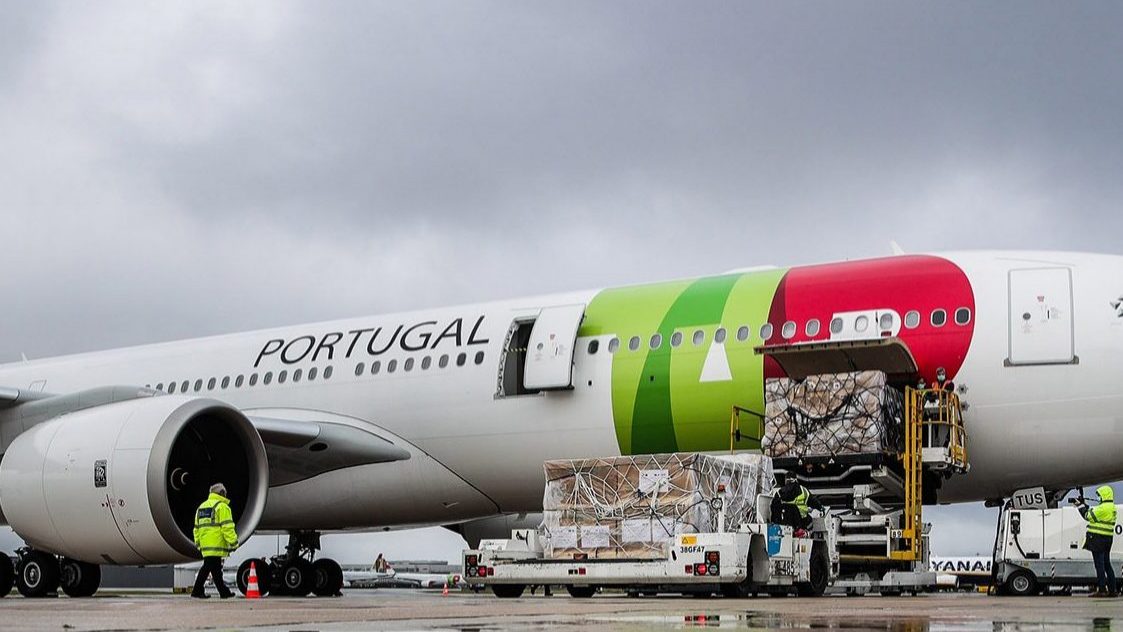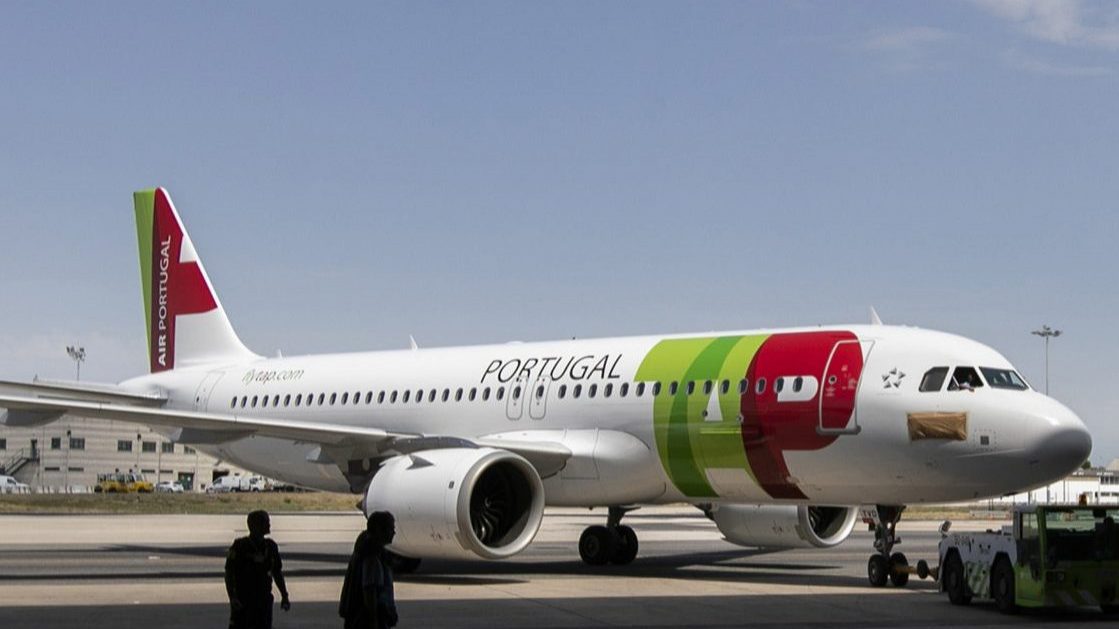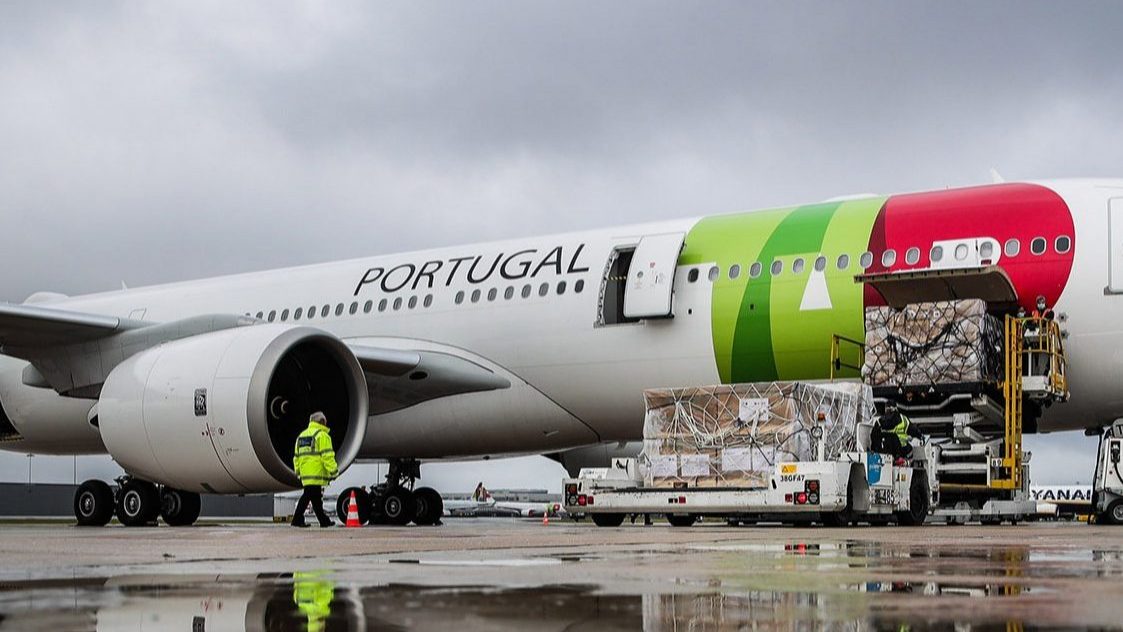State to send TAP’s ‘new’ restructuring plan to the EU by the 19th
Response to the European Commission's in-depth investigation is expected by Friday of next week.
The Portuguese government has until the end of next week to answer the questions raised in the in-depth investigation launched by the European Union into the state aid to TAP, which will require significant changes to the company’s restructuring plan.
The European Commission announced an in-depth investigation on July 16, giving the Portuguese government 30 days to send a response, but it is the 19th day that counts. Only on that day did the letter from Brussels reach the Permanent Representation of Portugal to the European Union (REPER). In addition, it must be considered that there was a bank holiday in Belgium on July 21.
Contacted by ECO, an official source from the ministry of finance confirmed that “the questions raised by the Commission will be fully addressed by the Portuguese government in a letter, prepared in the context of ongoing work with TAP, and sent to the European Commission by the deadline of August 19.
The government may also send a response within the public consultation on the restructuring plan, which began on August 6. Interested parties have one month to send their assessment to the European Commission.
At the announcement of the in-depth investigation, Brussels indicated it would examine “whether TAP or market operators would sufficiently contribute to the restructuring costs, thus ensuring that the restructuring plan does not overly rely on public funding and that therefore the aid is proportionate”. Furthermore, it intended to assess “whether appropriate measures to limit the distortions of competition created by the aid would accompany the restructuring”.
In the letter it sent to the Portuguese government, the European Commissioner for Competition, Margrethe Vestager, recognises the importance of TAP for the Portuguese diaspora and the economy, but questions the assumptions on which the company’s recovery is based in view of the uncertainty surrounding air traffic, and considers the measures taken to limit distortions of competition to be “insufficient”.
At that point, some government plans to meet the requirements of the European Union’s Directorate-General for Competition (DG Comp) were disclosed, namely the entry of a private partner in TAP’s capital (Lufthansa), a reduction in the amount of public aid or an increase in the company’s internal contribution to the recovery effort.
According to the State aid guidelines, the own contribution will normally be considered adequate if it represents at least 50% of the restructuring costs. In exceptional circumstances and in cases of particular difficulties, which must be showed by the Member State, the European Commission can accept a contribution that does not reach 50% of the restructuring costs, provided that the amount of such contribution remains significant.
In the initial plan negotiated with DG Comp, the own contribution ratio was 36%, a figure that will have to rise in the new proposal to Brussels. One of the hypotheses on the table is to drop additional support of about €512 million from 2022 onwards. The other, is to get the Commission to deduct the support for Covid-19 loss compensation from the value of the aid. With these measures, the ratio would rise to around 45%.
The Competition Guidelines also state that measures to limit distortions created by restructuring aid should take the form of divestments of assets or reductions in capacity or market presence. This is where the sale of airport slots comes in, which the government wants to try to keep to a minimum.


